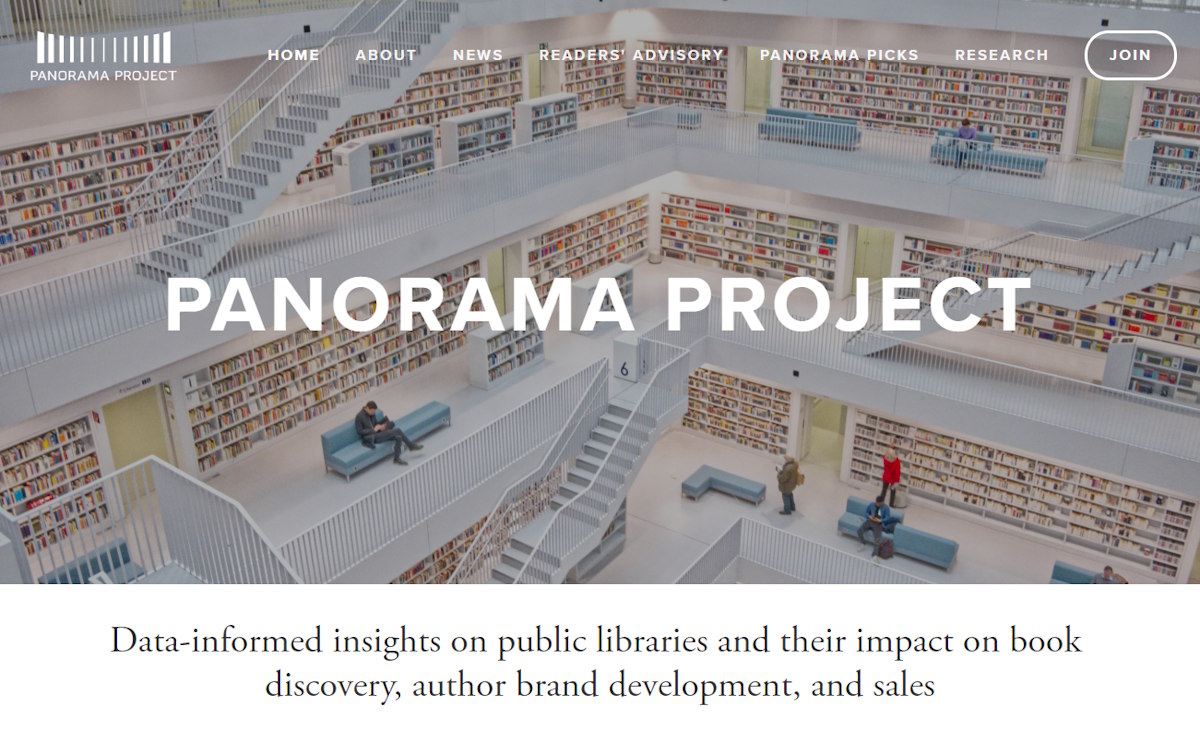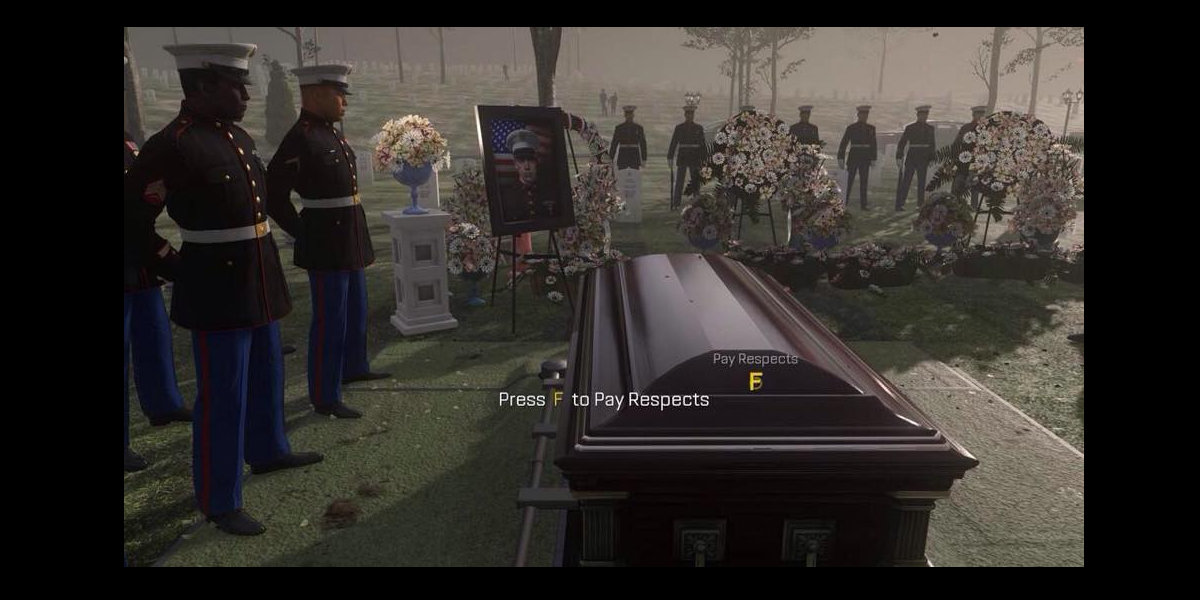Commentary on various aspects of publishing and marketing, primarily focused on books, magazines, and social media.
I took over the Panorama Project last July—which really does feel like two lifetimes ago—so as my anniversary looms, it's a perfect time to check-in and see how things are progressing. It was only three months ago that the Panorama Project was gaining some real momentum, coming off a productive PubWest gathering and announcements of two major initiatives for 2020: Immersive Media & Reading 2020—Consumer Survey, and the Library Marketing Valuation Toolkit. Despite everything, Panorama's work hasn't halted, and our two big initiatives continue to move forward.
Although PubWest is meant for traditional small and mid-sized publishers, it’s probably the most accessible industry conference for serious authors interested in understanding the business of trade publishing beyond getting an agent and a Big Five book deal. The more authors understand the various levers publishers have to pull and what factors determine which books they’ll pull them for, the better equipped they’ll be to negotiate a better contract and avoid unpleasant surprises like a perceived lack of marketing, uncomfortable relationships with independent bookstores and libraries, advances that don’t earn out, and having to find a new agent and publisher for your next book.
Hyper-current events aside, 2020 has gotten off to a productive start for the Panorama Project, hot on the heels of my Publishers Weekly op-ed challenging the industry to take question of libraries more seriously. Since then, we released our annual report and announced two major new initiatives; I was a featured speaker at PubWest 2020; and I did fun interviews with Library Journal and Book Riot where I got to discuss my work in more detail.
Here’s four things I learned which might be strong signs your company is heading in the wrong direction.
How a publisher defines, segments, and prioritizes its audience impacts every decision it makes about every book it acquires, publishes, and markets. As I noted in the new annual report for the Panorama Project, despite the growth in ebooks and audiobooks over the past decade, there are reportedly fewer people reading books today, and fierce competition for their attention and discretionary spending. In the absence of any major consumer research focusing on how book consumption and purchasing behavior has changed over the past five years, there are many unsupported theories attempting to explain why consumer ebook sales plateaued, and then began a gradual decline. Consumer pricing, library lending, and self-publishing are believed to be among the primary factors, while little consideration has been given to the impact of other forms of digital media that have experienced exponential growth—including film, TV, and gaming.
I don't usually engage in conversations about individual books as the topic du jour is almost always something I haven't read yet or have no personal interest in, but the ongoing conversation around American Dirt sucked me in because it was such a glaring symptom of the industry's underlying illness I've raged about many, many, oh so many, times. Against my better judgement, it's dominated my own Twitter feed for nearly two weeks now, and all indications are it's going to remain a hot topic for a while longer—for better and worse. Also against my better judgement, I decided to consolidate my thoughts into this unexpectedly long, but hopefully coherent, post. Apologies in advance!
The idea that publishers are fretting over losing a few past-their-prime bestselling authors is the least interesting aspect of Amazon's growing "traditional" publishing operation, but it sure has been driving a lot of chatter—and presumably clicks—this week. Several think pieces and a ton of tweets have been written about Amazon recently snatching up another couple of recognizable authors and what it means for the publishing industry, the latest twist on a decade-long story (remember J.A. Konrath and Seth Godin?), but it's just another symptom of an illness corporate publishing has been suffering from for years.






